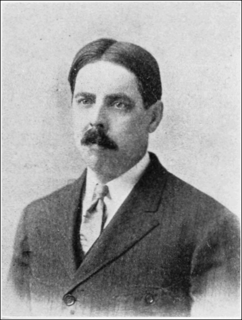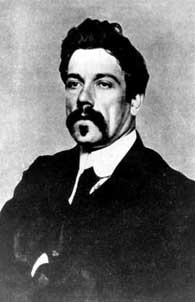A Quote by Lawrence Venuti
General editors' preface The growth of translation studies as a separate discipline is a success story of the 1980s. The subject has developed in many parts of the world and is clearly destined to continue developing well into the twenty-first century. Translation studies brings together work in a wide variety of fields, including linguistics, literary study, history, anthropology, psychology, and economics. This series of books will reflect the breadth of work in translation studies and will enable readers to share in the exciting new developments that are taking place at the present time.
Quote Topics
Anthropology
Books
Breadth
Brings
Century
Clearly
Continue
Destined
Developed
Developing
Discipline
Economics
Editors
Enable
Exciting
Fields
First
General
Growth
History
Including
Linguistics
Literary
Many
New
Parts
Place
Present
Present Time
Psychology
Readers
Reflect
Separate
Series
Share
Story
Studies
Study
Subject
Success
Success Story
Taking
Time
Together
Translation
Twenty
Variety
Well
Wide
Will
Work
World
Related Quotes
In translation studies we talk about domestication - translation styles that make something familiar - or estrangement - translation styles that make something radically different. I use a lot of both in my translation, and modernism does both. For instance, if you look at the way James Joyce presents Ulysses, is that domesticating a classic? Think of it as an experiment in relation to a well-known text in another language.
One of the anomalies of modern ecology is the creation of two groups, each of which seems barely aware of the existence of the other. The one studies the human community, almost as if it were a separate entity, and calls its findings sociology, economics and history. The other studies the plant and animal community and comfortably relegates the hodge-podge of politics to the liberal arts. The inevitable fusion of these two lines of thought will, perhaps, constitute the outstanding advance of this century.
The practice of translation rests on two presuppositions. The first is that we are all different: we speak different tongues, and see the world in ways that are deeply influenced by the particular features of the tongue that we speak. The second is that we are all the same - that we can share the same broad and narrow kinds of feelings, information, understandings, and so forth. Without both of these suppositions, translation could not exist. Nor could anything we would like to call social life. Translation is another name for the human condition.
































